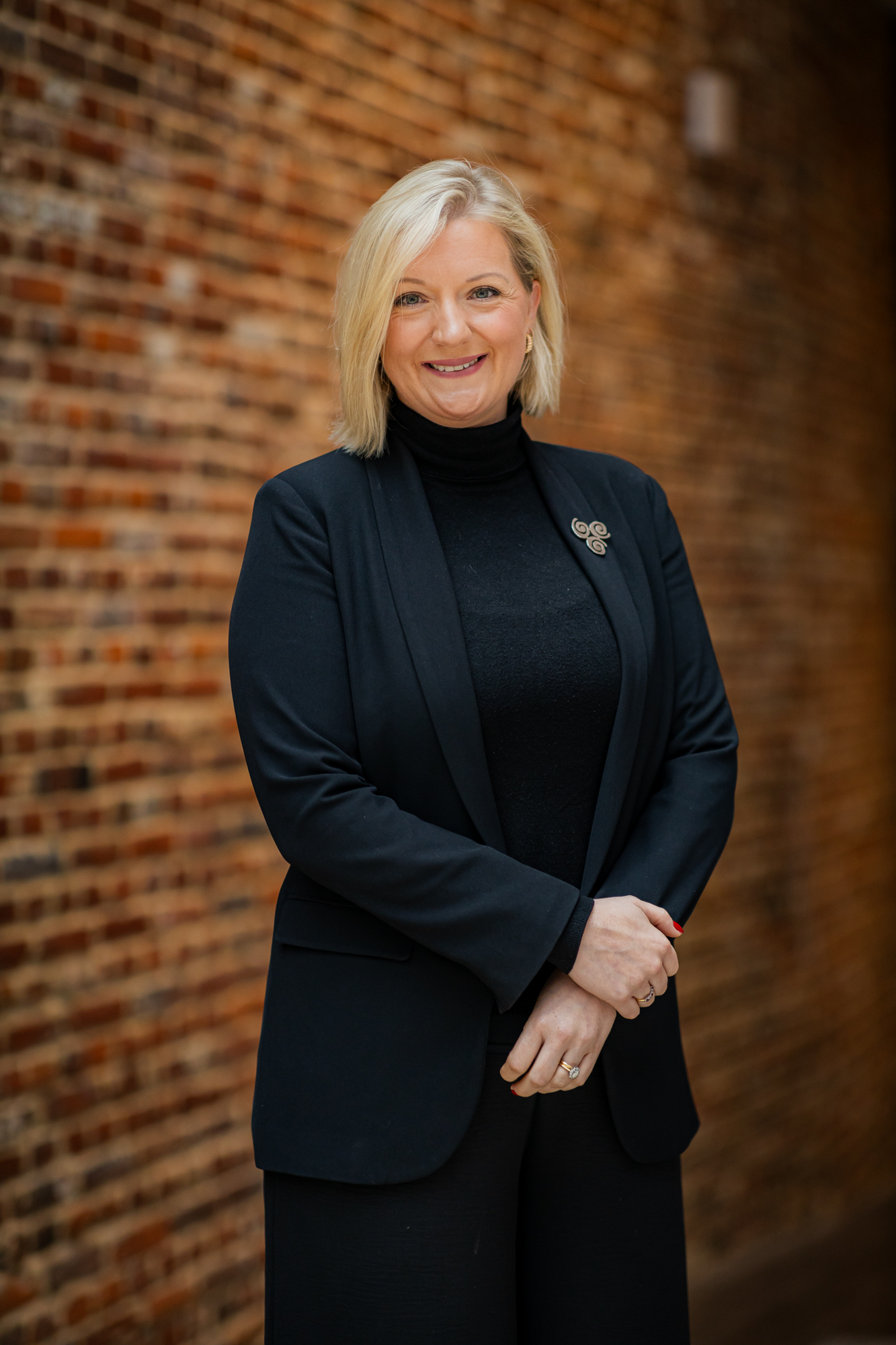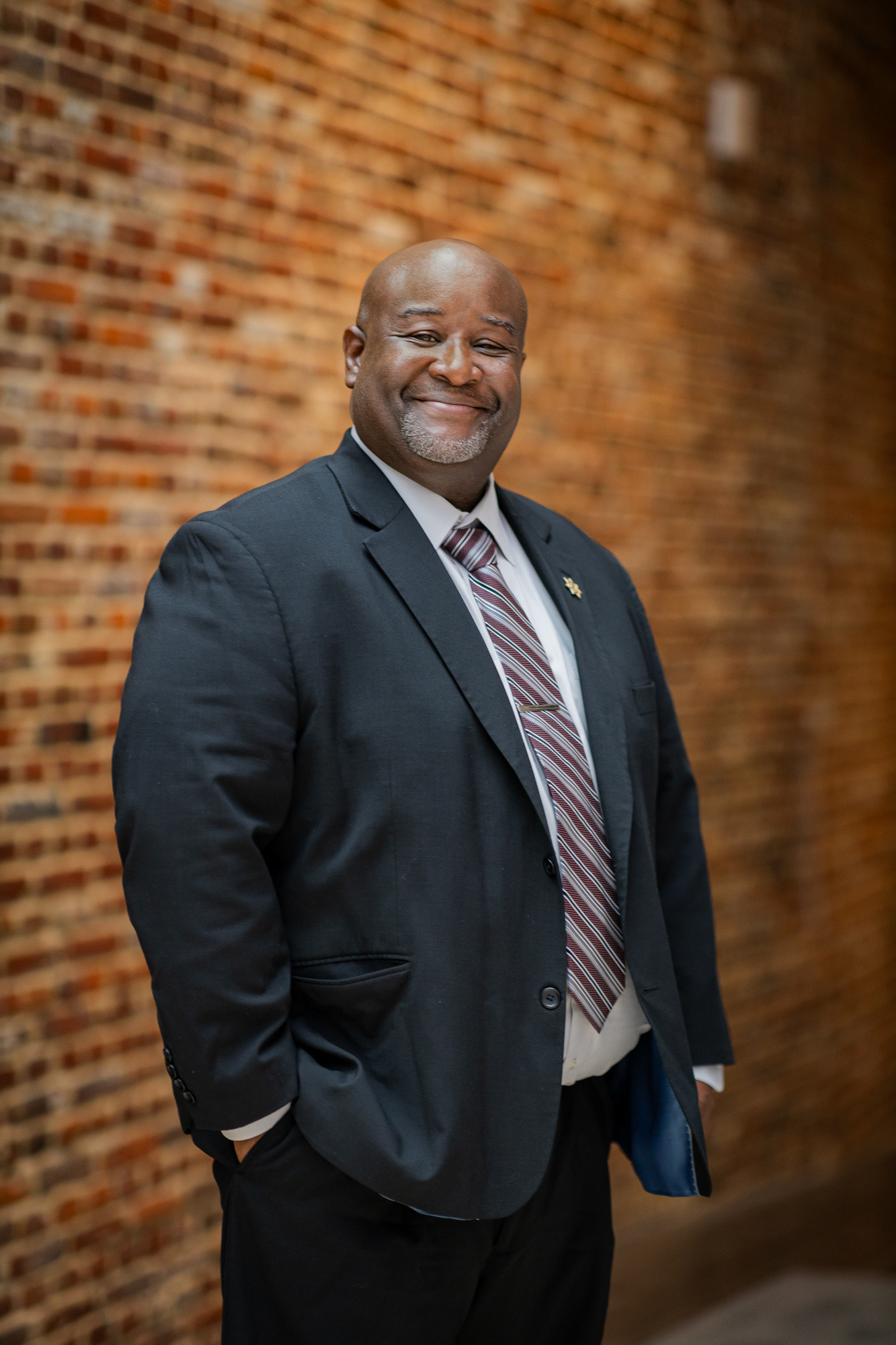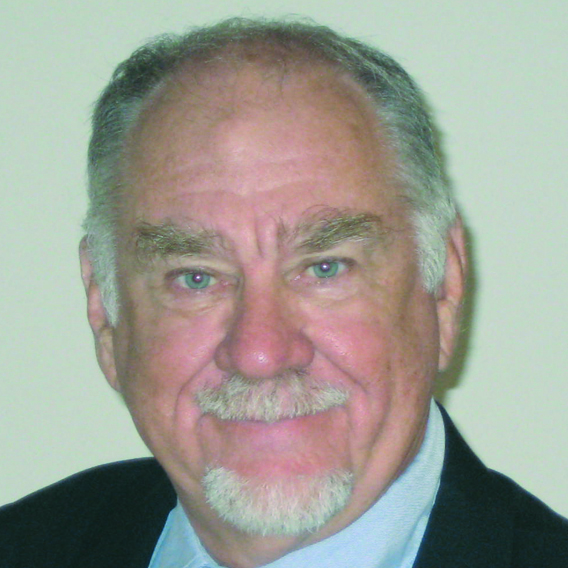ABOUT US
The International Association for Correctional and Forensic Psychology (IACFP) is a nonprofit organization whose vision is engaged criminal justice practitioners implementing innovative and humane practices worldwide. IACFP is led by an international board of directors who maintain the commitment the association has had to serving practitioners in correctional and juvenile justice systems worldwide for 63 years. IACFP’s mission is to advance the development and implementation of evidence- and practitioner-informed policies and practices to support correctional and forensic psychologists and other helping professionals who work with justice-involved individuals.
In 2017, the IACFP Board developed a three-year strategic plan. They refreshed and updated this plan in 2020. The Board has adopted five goals. The goals are:
ITo advance research and support for effective mental health service delivery systems in community corrections internationally
- To distribute a newsletter that focuses on reform outside and inside prison worldwide
- To develop an event to build a bridge between scholars and practitioner communities on emerging best practices for the mentally ill
- To invest in the development and sustainability of an International Mental Health Leadership Network
- To put the “I” for International in IACFP.
- International partnerships and projects
- Professional Development and Support
- Community Corrections
Criminal Justice and Behavior is the official publication of the IACFP. This monthly peer-reviewed journal promotes scholarly evaluations of assessment, classification, prevention, intervention, and treatment programs to help correctional professionals develop successful programs based on sound and informative theoretical and research foundations.
In addition to original research, theoretical contributions, and information on innovative programs and practices, it also provides critical reviews of literature or theory on topics central to criminal justice and behavior, including:
- Classification and treatments of offenders
- Causes of delinquent and criminal behavior
- Prevention, intervention, and treatment programs
- Education and training
- Effectiveness of different sanctions
- Offender and offensive characteristics
- Psychology of policing
- Psychology and law issues
IACFP Board of Directors Effective January 2025

Emma Regan, DClin, President
IrelandDr Emma Regan is a Clinical Psychologist and Director of Care and Rehabilitation with the Irish Prison Service (IPS). She began working for the IPS in 2012, beginning as a prison psychologist, then national Head of Psychology Services for eight years, and more recently Director with responsibility for Primary Healthcare, Psychology, and Prison Services for people in custody including Education, Work and Training, Chaplaincy, Integrated Sentence Management, Incentivised Regimes and Resettlement. Prior to this, Dr Regan spent 10 years in the United Kingdom. There, she specialised in forensic mental health, working for the NHS and private sector in low, medium and high secure forensic psychiatric hospitals. She has also worked in community private practice.
Dr Regan completed her initial Degree in Psychology with Organisational Science from the University of Ulster in 2001, her Masters in Forensic Psychology from the University of Kent in 2003 and her practitioner Doctorate in Clinical Psychology from the University of Surrey in 2008. She also received a Diploma in Area Studies (Business and Psychology) from Queens University, Charlotte, North Carolina in 1999/2000.

Jessica Borg, Chief Psychologist/Director Programmes, President-Elect
New ZealandJessica Borg is the Chief Psychologist/Director Programmes at the Department of Corrections since October 2019. As the Chief Psychologist, Jessica has strategic responsibility for the design, development, implementation and monitoring of psychological services and rehabilitation programmes and interventions. Jessica has worked for Corrections for 17 years holding both frontline and National Office roles as a Senior Clinical Psychologist. Jessica’s previous role was Manager High Intensity Psychology Programmes and prior to this the Manager Medium Intensity Programmes. These roles involved the oversight of the high intensity and medium intensity suite of programmes, training of Programme Facilitators and Psychologists, integrity monitoring of programmes, and evaluation and psychological research to continually improve programme design and psychology practice. Jessica has delivered rehabilitation programmes and interventions in her frontline roles, completed numerous reports to the New Zealand Parole Board and the Courts for several years before moving into leadership roles. Prior to joining the Department of Corrections, Jessica worked in Child and Adolescent Mental Health Services. Jessica has a special interest in the human rights field and prior to becoming a Psychologist she completed a MA in Human Rights sponsored by the European Union. This experience and psychological practice over the years has cemented a strong desire to see effective and just outcomes for the people we work in the Correctional and Forensic settings.

Melvin Hinton, Psy.D., Past President
United StatesDr. Melvin Hinton is a licensed Clinical Psychologist and currently is the Chief of Mental Health Services for the Illinois Department of Corrections. Dr. Hinton has twenty-four- years of clinical experience working in correctional settings including Cook County Department of Corrections, California Department of Corrections& Rehabilitation and Lake County Jail in Waukegan, Illinois. Additionally, Dr. Hinton is currently an Adjunct Professor at St. Francis University in Joliet, Illinois teaching Introduction to Forensic Psychology and Introduction to Crisis Intervention to undergraduate students. Dr. Hinton has also taught as an Adjunct Professor at Chicago State University, Western International University, and has guest lectured at the University of Michigan, Chicago School of Professional Psychology, and Olive-Harvey College in Chicago.Dr. Hinton currently serves as Immediate Past President of the International Association for Correctional and Forensic Psychology (IACFP)and hasserved on the executive board of The Chicago School Education System, as well as the chair of the Health and Rehabilitation section of the Illinois Psychological Association (IPA).Dr. Hinton completed his undergraduate studies at the University of Michigan and obtained his doctoral degree in Clinical Psychology from the Chicago School of Professional Psychology. The most important positions held by Dr. Hinton are husband and a father to his fourteen-year-old son.

Joel A. Dvoskin, Ph.D., Secretary
United StatesJoel A. Dvoskin, Ph.D., ABFP is a clinical and forensic psychologist, licensed in Arizona and certified in Forensic Psychology by the American Board of Professional Psychology. He is the former Acting Commissioner of Mental Health for the State of NY, where he directly supervised 31 adult, children’s, and forensic psychiatric hospitals. Prior to that, he served for more than a decade as Associate Commissioner and Director for Forensic Services for the NY State Office of Mental Health, where he directly supervised 3 freestanding forensic psychiatric hospitals, 3 forensic units in adult (civil) psychiatric hospitals, mental health services for the NY State Department of Correctional Services, and the nation’s first statewide community forensic mental health system. During his tenure, his office created the first statewide jail and police suicide prevention projects in the US. He also served as Chair of the Governor’s Advisory Council on Behavior Health and Wellness for the State of Nevada, which expanded crisis and acute psychiatric resources for the people of Nevada. Dr. Dvoskin is a Fellow of the American Psychological Association (APA), and Former President of two APA Divisions, including the American Psychology-Law Society and Psychologists in Public Service. He served on the APA Policy Task Force on Reducing Gun Violence, the APA Blue Ribbon Commission on Ethics Processes, and (currently) on the APA Amicus Curiae Advisory Panel. He previously served on the adjunct faculty of the University of Arizona Law School, and currently teaches at the University of Arizona Medical School. In 1995, Dr. Dvoskin served on the White House Task Force on the Future of the African American Male. He has served as a Federal Court Monitor over correctional and mental health facilities and systems in Washington, New Mexico, Michigan, Colorado, and Montana, and frequently serves as an expert for the Civil Rights Division of the US Department of Justice (DOJ) and various state Protection and Advocacy Systems. He often serves as an expert witness and consultant for state mental health and criminal justice agencies. Dr. Dvoskin worked as a pro bono consultant with the New Orleans Police Department on an innovative program to prevent police misconduct called EPIC (Ethical Policing is Courageous), and Project ABLE (Active Bystandership for Law Enforcement), which have received national acclaim. In 2022, he co-founded Heroes Active Bystandership Training. Dr. Dvoskin has served as a consultant to criminal justice and mental health agencies in more than 40 states, and the design consultant for numerous hospital, prison, and jail architectural projects.

Silvia Martinez, J.D., Treasurer
ArgentinaSilvia Edith Martinez is a lawyer. She earned the designation as a Specialist in Criminal Law from the Torcuato di Tella University and received a Master in Criminal Law from Torcuato di Tella University. Ms. Martinez is an Inter-American Public Defender who has appeared before the Inter-American Court of Human Rights. Currently, she is serving on the Inter- American Human Rights Commission designated for the period 2013/2016 and 2016/2019. She has been a Public Defender in Criminal Issues in the Argentine Republic from April 27, 1993 to the present. Ms. Martinez also serves as an Associate Professor of Criminal Law at the School of Law of the Buenos Aires University. She has held this position since 1995. Silvia is considered a Regional Expert of the EuroSociAL Program of the European Union. Previously, she served as the Head of the Prisons Commission from October 2005 to September 2013. Ms. Martinez is the author of several publications on Prisons and Human Rights.

Richard Althouse, Ph.D.
United StatesDr. Althouse completed his psychology internship at the University of Wisconsin’s Department of Psychiatry in 1971 and received his Ph.D. in Psychology from Pennsylvania State University in 1975. Dr. Althouse has had 37 years of experience as a clinical/correctional/forensic psychologist in both staff and supervisory positions in the Wisconsin Department of Corrections or the Wisconsin Department of Health and Social Services. Dr. Althouse has been a member of the American Association for Correctional Psychology since the late 1990s, was later elected President and is now Secretary of the Executive Board of the International Association for Correctional and Forensic Psychology. Dr. Althouse co-authored two revisions of the Standards for psychology services and jails, prisons, correctional facilities and agencies published by the American Association for Correctional Psychology in the Journal of Criminal Justice and Behavior (2000 and 2010). Although retired from Wisconsin’s Department of Corrections, Dr. Althouse has remained active in matters related to the criminal justice system, and among his other contributions to the field provides expert testimony in litigation involving inmate suicides.

Shelley Brown, Ph.D.
CanadaDr. Shelley Brown is a professor of forensic psychology within the Department of Psychology, Carleton University, Ottawa, Canada. Shelley’s program of research aims to improve rehabilitative services including assessment, custodial, and probation practices for justice impacted people with a special focus on girls and women in conflict with the law. Shelley studies complex trauma, violence, strengths, risk assessment and desistance among justice-impacted girls and women, and more recently, among under-represented genders and sexual minorities. She enjoys working with various collaborators from the Centre for Addiction and Mental Health (CAMH), Toronto Canada, Ontario Institute for Studies in Education, Toronto, Canada, Orbis Partners, Ottawa, Canada, the Ontario Ministry of the Solicitor General, the Department of Sociology, PMAS-Arid Agriculture University, Pakistan and the Centre for Effective Public Policy, United States. Shelley has published various articles, reports, book chapters and books about criminal conduct in general, as well as works specific to justice-impacted girls and women. One of her more recent publications includes the edited book: The Wiley Handbook on What Works with Girls and Women in Conflict with the Law: A Critical Review of Theory, Practice, and Policy (Brown & Gelsthorpe, 2022). Shelley teaches courses in criminal behaviour, gender and crime, and supervises an active team of undergraduate and graduate students engaged in gender responsive corrections-based research. Shelley is committed to advancing gender responsive evidence-based practices.

Matt Epperson, Ph.D.
United StatesMatt Epperson, Ph.D. is an Associate Professor at the University of Chicago Crown Family School of Social Work, Policy, and Practice, where he also serves as Director of the Smart Decarceration Project ( www.smartdecarceration.org ). His research centers on developing, implementing, and evaluating interventions to reduce disparities in the criminal legal system while moving away from incarceration-based approaches. His primary areas of focus include addressing risk factors for criminal justice involvement among persons with mental illnesses, as well as advancing evidence-based approaches to effective and sustainable decarceration. Dr. Epperson’s scholarship and teaching aim to build the capacity of the social work profession to address these challenges and opportunities for criminal legal transformation. He is Co-Leader of the Promote Smart Decarceration network, through the Grand Challenges for Social Work Initiative. He has over 15 years of clinical and administrative social work experience in behavioral health and criminal legal settings.

Mariana Martin
NamibiaMariana Martin brings over 14 years of experience in corrections, having served in both operational and managerial capacities. She currently leads the Rehabilitation and Reintegration sub-department of the Namibian Correctional Service, where she oversees the strategic planning, implementation and monitoring of key services, including Case Management, Psychosocial Programmes, Education and Vocational Training, Mental Health and Special Needs Offender services, Community Supervision, and Community Service Orders. Her role also encompasses the provision of training related to these services. With an academic foundation in Clinical Psychology (M.A. Clinical Psychology), Ms. Martin has served as a part-time lecturer at the University of Namibia, teaching psychometric testing. She has also been a visiting expert at the United Nations Asia and Far East Institute for the Prevention of Crime and the Treatment of Offenders in Tokyo, Japan, where, she delivered sessions on systematic measures to support perpetrators of violence against women and children in Namibia, as well as the individualized treatment of perpetrators of gender-based violence. Ms. Martin contributed to the development of the United Nations Office on Drugs and Crime (UNODC) Handbook on the Classification of Prisoners (2020). Additionally, she currently serves as a member of the Programme Committee of the International Corrections and Prisons Association (ICPA), further demonstrating her commitment to advancing correctional practices globally.

Jeffrey L. Metzner, M.D.
United StatesJeffrey L. Metzner, M.D. has written extensively on the psychiatric care of prison populations. He has provided consultation to judges, special masters, monitors, state departments of corrections, city and county jails, U.S. Department of Justice, the National Prison Project, Homeland Security and others involved in the field of correctional psychiatry in 35 states. Dr. Metzner was a member (2006) of the Institute of Medicine Committee on Ethical Considerations for Revisions to DHHS Regulations for Protection of Prisoners Involved in Research. He was part of the APA work groups that produced the first and third editions of the guidelines for psychiatric services in correctional facilities. Dr. Metzner is one of three editors of The Oxford Textbook of Correctional Psychiatry (May 2015).

Gabriel Ong, DPsych (ClinPsych)
SingaporeGabriel is Principal Psychologist with the Central Narcotics Bureau (CNB), Singapore, where he oversees the provision of psychological services to enhance the operational and organisational effectiveness of the CNB. Prior to this, he was Deputy Director with the Psychological and Correctional Rehabilitation Division (PCRD) of the Singapore Prison Service (SPS), where he oversaw correctional research, programme design and evaluation, and operational psychology, in order to inform and ensure the formulation of evidence-based correctional policies and practices. His previous correctional experiences include involvement in forensic risk assessment and offender rehabilitation, specifically in the area of sexual and violent offending. A clinical psychologist by training, Gabriel is also an adjunct lecturer with Nanyang Technological University, Singapore.

Frank Porporino, Ph.D.
CanadaFrank Porporino has a Ph.D. in clinical psychology and has sustained a close to 50-year career in corrections as a front-line practitioner, senior manager, researcher, educator, trainer, and consultant. Frank has promoted evidence-informed practice throughout his career and his contributions have been recognized with awards from a number of associations including the ACA, ICCA, Volunteers of America and the International Corrections and Prisons Association (ICPA). Frank’s public sector career began in 1974 as a psychologist in Canada’s oldest maximum-security prison, Kingston Penitentiary. He went on to establish the Research Branch of Corrections Canada, an internationally recognized leader in applied research in corrections that has recently celebrated its 35th Anniversary. In 1993, Frank co-founded T3 Associates Consulting Inc. in order to provide research-based training and technical assistance to correctional jurisdictions and social service agencies internationally. He has remained active providing training and technical assistance in effective practice in over 25 countries, most recently in Ethiopia, Saudi Arabia, Hong Kong, Japan and Namibia. Frank was also a founding member of the HMMPS Correctional Services Accreditation Panel, a best practice review committee that was subsequently emulated by many jurisdictions. Currently, Frank is serving as Editor of the ICPA practitioner-oriented Journal, Advancing Corrections, Chair of the ICPA R&D Network, member of the ICPA Practice Transfer Advisory Committee and Board Member of the ICPA-North America Chapter. He has been a member of many ACA Committees, was a past member of the ICPA Board of Directors and is also Past-President of the International Association for Correctional and Forensic Psychology (IACFP).

Abigail Tucker, Psy.D., ABPP
United StatesAbigail S. Tucker, Psy.D., ABPP, is a licensed psychologist in Denver, Colorado, board-certified in Police and Public Safety with the American Board of Professional Psychology. She works directly with correctional staff, emergency responders, veterans, victims of crime, and behavioral health providers. Dr. Tucker is an adjunct faculty member at Colorado State University Global and Nova Southeastern University, focusing on Emergency Responder and Military Psychology. Dr. Tucker is a national training instructor for the Active Bystandership for Law Enforcement (ABLE) Project and co-founder of Heroes Active Bystandership Training. She holds a B.A. in psychology from Loyola College, Maryland, and an M.S. and Psy.D. in Clinical Psychology from Nova Southeastern University. Her diverse experience includes post-doctoral training in forensics at Eastern Shores Psychological Services and roles as Chief Clinical Officer at Community Reach Center in Westminster, Colorado, Chief Strategy Officer at Polara Health in Prescott, Arizona, and as a Psychologist at KidsPeace, in Orefield, Pennsylvania.

Diane Williams, M.B.A.
United StatesAfter having served as President and Chief Executive Officer since February 1996, Diane Williams was named President Emeritus of Safer Foundation in April of 2014. Safer Foundation is one of the nation’s largest not-for-profit providers of employment placement and job readiness training exclusively for people with criminal records. Ms. Williams has an undergraduate degree in Education from Chicago State University and a Masters Degree in Business Administration from Northwestern University’s Kellogg School of Management, and over 20 years of experience working with the criminal justice population. Diane has served in consulting roles for several United States Federal agencies including the Department of Labor, Department of Justice, Department of Health and Human Services, and Department of Housing and Urban Development, the Council of State Governments Reentry Initiative and the National Treatment Plan’s Criminal Justice Work Group/Center for Substance Abuse Treatment. She chaired the National Institute of Corrections Advisory Board and now serves as immediate past chair. She also chaired The HIRE Network Advisory-A Legal Action Center program, is a member of the International Corrections and Prison Association Board and serves as Treasurer of that organization as well as President of the ICPA North American chapter. In 2011, Ms. Williams was the recipient of President Obama’s “Champion of Change” award.

